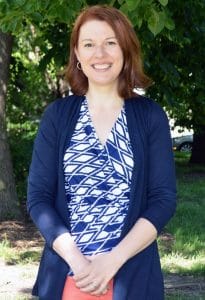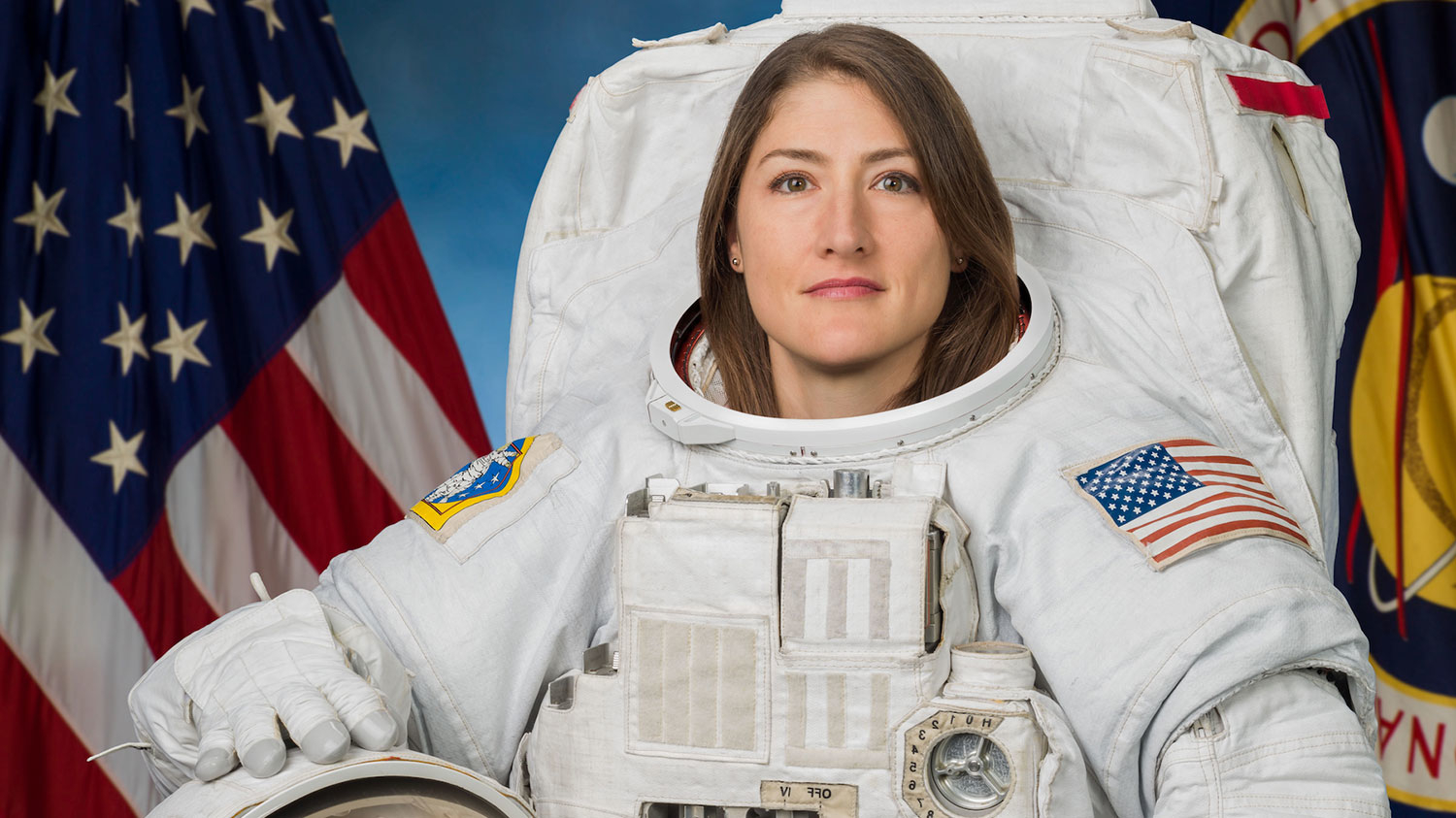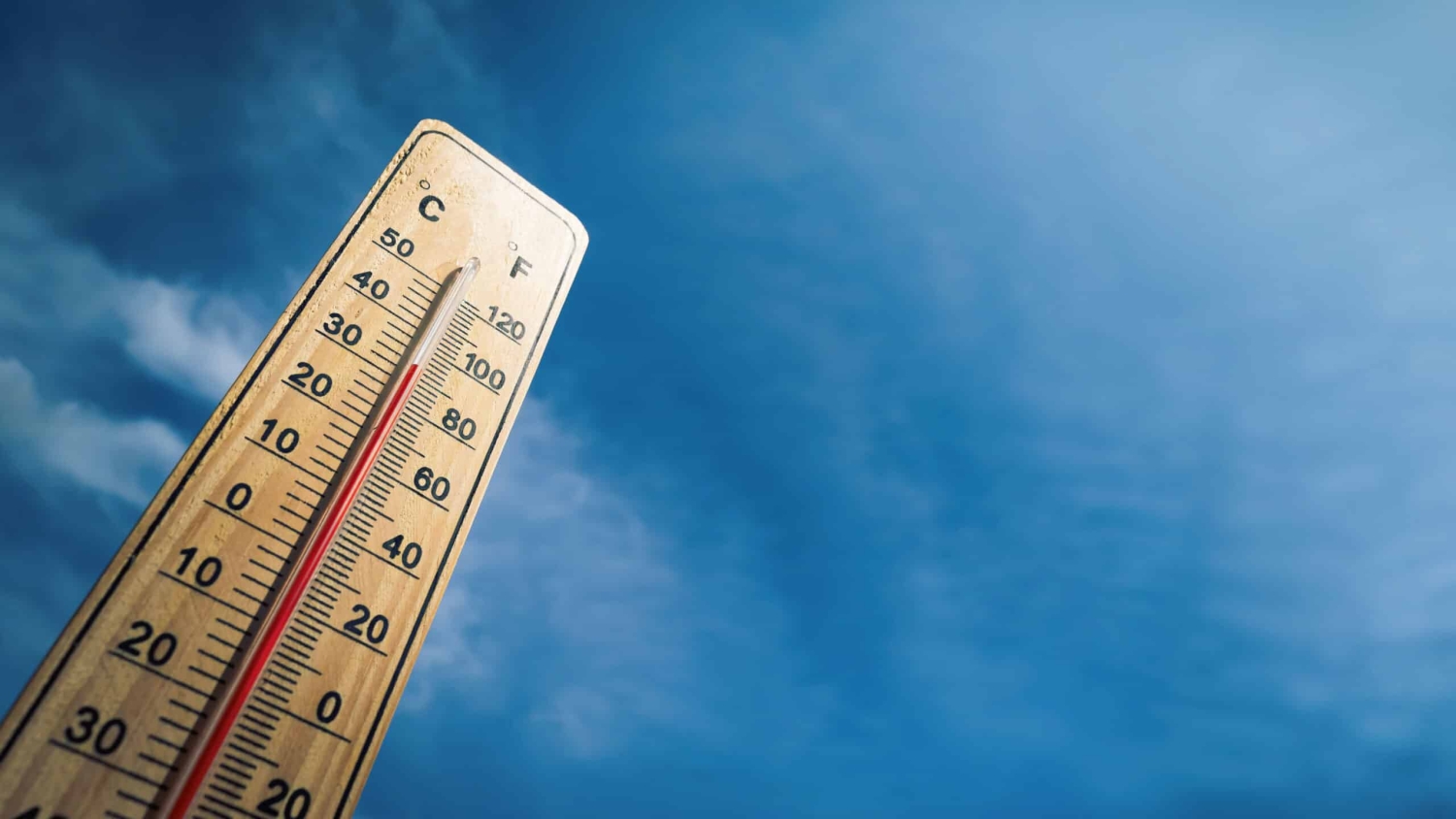Alumnus Martha Shulski Tries to Be Clear About Climate Change
 How much do you really know about climate change, and why does it matter? Those are questions that Martha Shulski tries to answer every day.
How much do you really know about climate change, and why does it matter? Those are questions that Martha Shulski tries to answer every day.
Shulski is the Nebraska state climatologist and an associate professor in the School of Natural Resources at the University of Nebraska in Lincoln. There, she works as a kind of interpreter, helping the public understand climate data to solve a variety of problems.
Almost every state has a climatologist, who looks at the long-range impact of weather patterns on an area or region. Shulski, who graduated from NC State with a degree in meteorology in 2006, says her professional interest has always been geared in the applied track, focusing on how climate change affects humans and animals.
“I didn’t want to be a forecaster,” she says. “I wanted to use my knowledge of weather to ultimately help people and inform decisions.”
Shulski, along with a team of four full-time and four part-time staff members, monitors 70 weather centers across the state to provide real-time weather information tailored to different sectors. In Nebraska, a state rich in agriculture, weather conditions such as temperature and drought can play a large role in telling farmers when to start planting, watering and harvesting their crops.
But climatologists are instrumental in helping other industries as well.
“There are many different groups that we work with,” Shulski says. “A lot of universities, a lot of extension, government, non-government and state agencies need to be walked through how to solve a specific problem and need some weather and climate information to help them.”
For example, the Nebraska State Climate Office is working on a project to help municipalities and city planners in a four-state region incorporate climate projections into their long-range designs. Future rain events might impact construction of roads and spillways, Shulski says.
When it comes to the controversial discussions on climate change, Shulski says she tries to localize her talks to her audience rather than give a purely scientific discussion.
“I don’t ignore the historical perspective, but people want to know ‘How does this affect me?’” she says. “I try to involve them by asking what types of trends they have noticed, and keep it very relevant to their needs.”
However, she acknowledges there can be a disconnect when researchers communicate the state of the science to the general public. Teaching students and being the state climatologist has helped her become a better communicator, but Shulski says it doesn’t come naturally for all scientists, and that can create misinterpretations.
“There’s an example I show my students at the beginning of the semester,” she says. “I say, ‘What’s the picture that you see when you think of global climate change? You see a polar bear, standing on an ice floe. Well, how many people live near polar bears, and what does that mean for me? If you’re not making it relevant, why should they care about it?”
(Original article at NC State Alumni Association)
- Categories:


